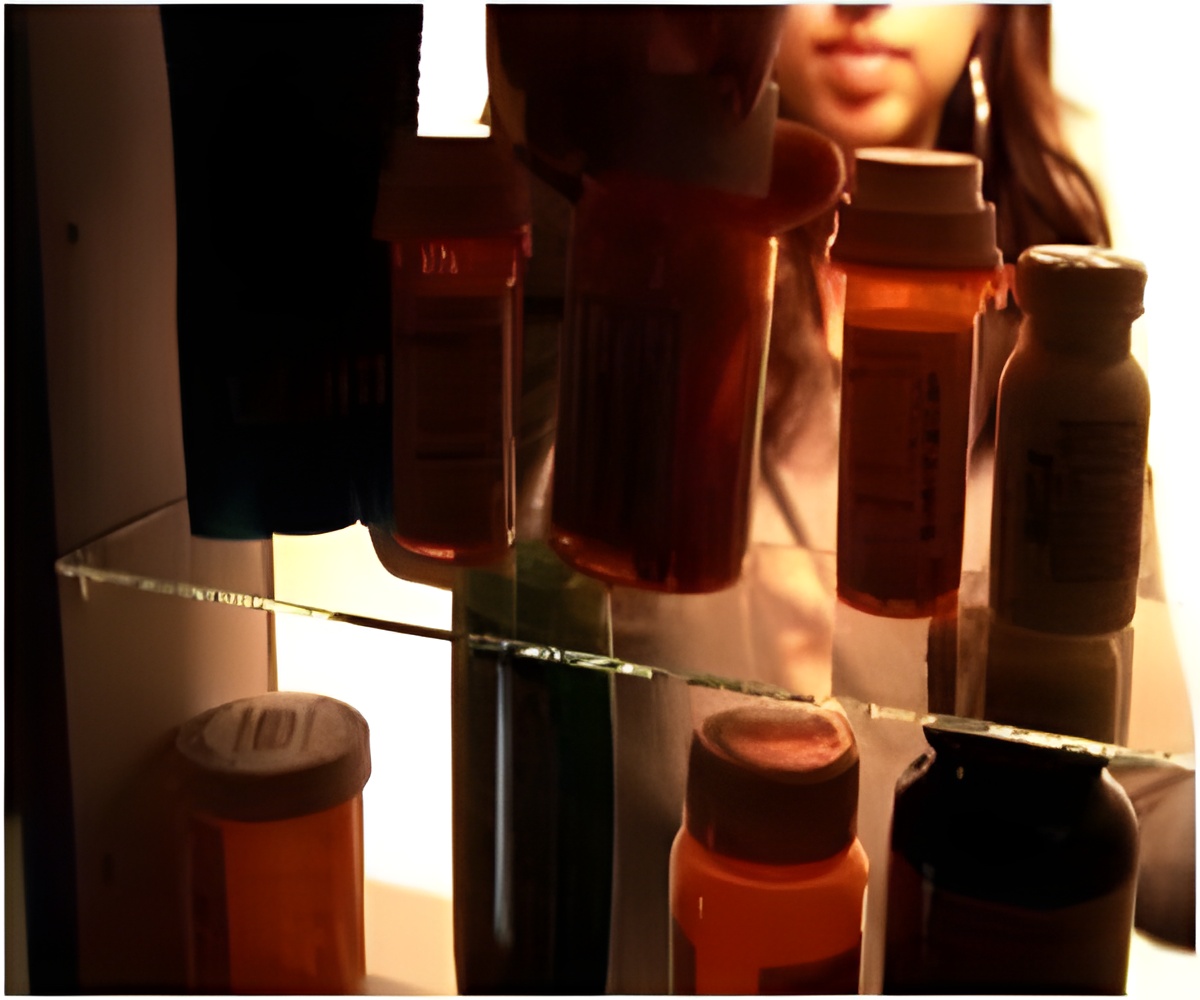After the remains of a recent lottery winner was exhumed for foul play related to cyanide poisoning, future winners might wonder what they can do to avoid the same fate.

"We are encouraged to see that many of the effects of cyanide on zebrafish mirror the effects on humans," said Randall Peterson, Ph.D., a researcher involved in the work from the Harvard Medical School in Boston, Massachusetts. "Hopefully, the cyanide biomarkers and antidotes we discover with the help of zebrafish can one day improve our ability to diagnose and treat humans affected by cyanide poisoning."
To make this discovery, scientists exposed zebrafish to cyanide and measured the effects on their behavior, heart rate and survival. The chemical changes that occurred were measured using a mass spectrometer. The effects in zebrafish were then compared to the effects of cyanide on rabbits and humans. Many of the effects in zebrafish matched those seen in rabbits and humans, confirming that the zebrafish could be used as a model of human cyanide exposure. From there, researchers systematically tested thousands of known drugs to see if any of them could protect the zebrafish from cyanide toxicity and found four drugs, including riboflavin. The study also identified new biomarkers that indicate cyanide exposure and may be clinically useful for the diagnosis of cyanide exposure and the development of antidotes.
"Lottery winners are not the only ones who have to worry about cyanide poisoning," said Gerald Weissmann, M.D., Editor-in-Chief of The FASEB Journal. "Cyanide exposure also occurs through smoke inhalation, industrial accidents, acts of war, and even as an unwanted byproduct of useful drugs. Therefore, the development of antidotes is crucial, and it's nice to know that a likely candidate is already on the drugstore shelf."
Source-Eurekalert















